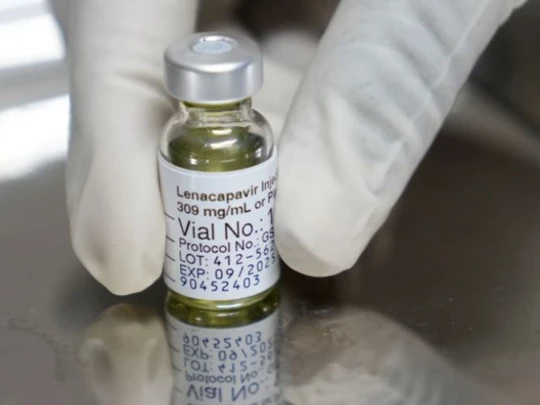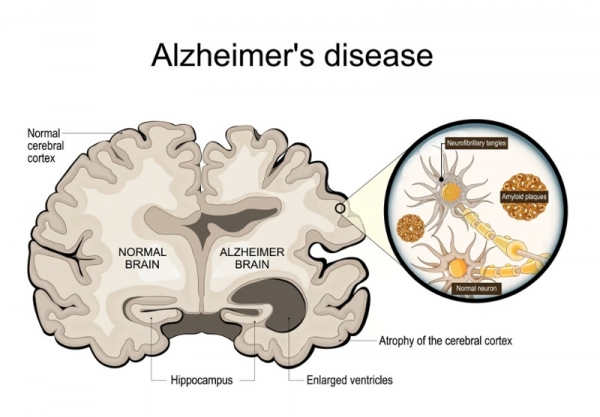Ho Chi Minh City , a 19-year-old man with a history of HIV infection, recently developed many skin ulcers with oozing fluid and swollen joints, and was diagnosed with malignant syphilis.
This rare case was clinically reported by Dr. Nguyen Thi Thanh Tho, Deputy Head of Clinical Department 3, Ho Chi Minh City Dermatology Hospital, at the 19th Annual Scientific Conference of the Ho Chi Minh City Dermatology Association , on the afternoon of May 21.
According to Dr. Tho, about 6 months ago, the young man saw many ulcers on his skin that oozed pus in his mouth and chin, along with swollen joints. The patient went to a hospital in Dong Thap province and was treated with antibiotics, anti-inflammatory drugs, and pain relievers, but they did not improve. The old ulcers turned black and many new ulcers appeared, making the patient worried and he went to the Ho Chi Minh City Dermatology Hospital for examination.
The patient had a history of homosexual intercourse and more than two sexual partners, was diagnosed with HIV 5 years ago and was on ARV treatment.
"We suspected the patient had syphilis on top of his existing HIV, so we instructed him to do screening tests for all sexually transmitted diseases," said Dr. Tho, adding that the results showed he had malignant syphilis. Malignant syphilis is a serious and rare form of secondary syphilis.
Now, the young man's health has recovered and his skin has healed after 6 months of treatment.
In 2017, the Ho Chi Minh City Dermatology Hospital also discovered and treated a 27-year-old patient from Binh Thanh District with a history of HIV infection and homosexuality. This person came to the clinic with a skin ulcer near the anus for a month. A full body skin examination recorded many deep ulcers, oozing foul-smelling fluid, no pain, tested and diagnosed with malignant syphilis.
Malignant syphilis has a short incubation period, starting with systemic symptoms such as fever, chills, muscle aches, and joint pain. Skin manifestations progress from nodules and pustules to ulcers, oozing ulcers, and on the surface, a thick crust like a shell, brown or black in color.
Malignant syphilis is very rare. If not diagnosed and treated early, the disease can progress throughout the body, affecting the cardiovascular system, central nervous system, vision, hearing, musculoskeletal system, digestive system, kidney and urinary system, threatening life.
This disease often occurs in patients with HIV infection, a history of homosexual intercourse, with ulcerative or necrotic lesions, accompanied by systemic symptoms. The prognosis is good when treated early, correctly and with sufficient doses of antibiotics according to the regimen.
American Italy
Source link


![[Photo] "Beauties" participate in the parade rehearsal at Bien Hoa airport](https://vstatic.vietnam.vn/vietnam/resource/IMAGE/2025/4/11/155502af3384431e918de0e2e585d13a)




![[Photo] Looking back at the impressive moments of the Vietnamese rescue team in Myanmar](https://vstatic.vietnam.vn/vietnam/resource/IMAGE/2025/4/11/5623ca902a934e19b604c718265249d0)

























![[Photo] Summary of parade practice in preparation for the April 30th celebration](https://vstatic.vietnam.vn/vietnam/resource/IMAGE/2025/4/11/78cfee0f2cc045b387ff1a4362b5950f)





























































Comment (0)